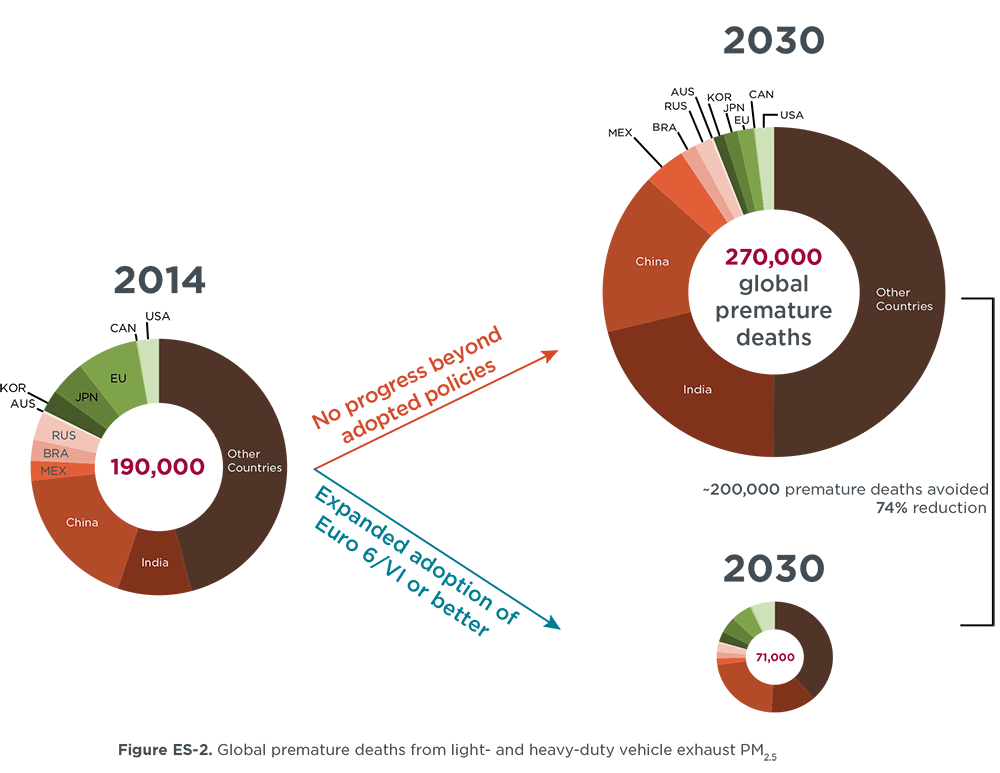 Welcome!
Welcome!
The J.M.K. Innovation Prize is an exciting new initiative of the J.M. Kaplan Fund, a New York-based family foundation. In 2015 up to ten Prizes will be awarded to U.S.-based individuals or teams addressing our country’s most pressing needs through social sector innovation. The Prize will provide up to three years of support at $50,000 per year, as well as a $25,000 “bank” of funds available for technical assistance or targeted project expenses, making a total award of up to $175,000. Specifically, the Prize seeks to support inter-disciplinary innovation in the fields of cultural heritage, human rights, the built environment, and the natural environment. The Prize is particularly designed for high-risk, early stage ideas being piloted or prototyped by dynamic visionaries.
The Creation of the J.M.K. Innovation Prize
For three generations, the J.M. Kaplan Fund has provided catalytic funding for projects in their early stages of development. Whether a pilot project, a new organization, or a nascent initiative, work supported by the Fund has involved a certain level of measured risk that ultimately led to large-scale, transformative results. The new J.M.K. Innovation Prize will further this legacy, providing funding to visionary social entrepreneurs throughout the United States who are championing emerging social sector innovations.
Differentiation from Other Innovation Programs
The burgeoning field of social innovation has become a recognized area in philanthropy. The demand for funding of this type, however, has increased so rapidly that many worthwhile ideas fail to find backing from established funders. The J.M.K. Innovation Prize will fill a gap in this marketplace, not only by providing critical capital to the social innovation field, but also by taking risks on projects that may be seen by others as underdeveloped or too small.
Another difference is that the J.M.K. Innovation Prize will build on the Fund’s longstanding areas of grantmaking interest while remaining flexible enough to allow for fresh and unexpected thinking. Prize recipients will ideally innovate across at least two of the Fund’s four traditional disciplinary boundaries:
- Cultural Heritage (e.g., historic preservation, archaeology, architecture, arts & culture)
- Human Rights (e.g., immigration, homelessness, incarceration, public health, education)
- Built Environment (e.g., parks, open space, public space, waterfront revitalization, transportation)
- Natural Environment (e.g., oceans, conservation, land use, climate change, alternative energy)
Criteria for Selection
The J.M.K. Innovation Prize will be awarded to projects or ideas that: represent a game-changing answer to a clearly identified need; demonstrate an interdisciplinary or hybridized approach, ideally involving at least two of the four areas of interest to the Fund; demonstrate the potential to develop an actionable pilot or prototype with Prize funding; show scalable impact or impact beyond the initial pilot or prototype; and hold out the promise to benefit multiple individuals, communities or sectors through a clearly articulated theory of change.
Our 2015 Timeline
Interested individuals or teams may apply for the J.M.K. Innovation Prize from January 15 through April 30, 2015. A short application will be made accessible via this website starting on January 15. A sub-set of applicants will be invited to submit a second, longer application for the Prize in late spring. A review of these second round applications will take place throughout the summer, with finalists being flown to New York City in the fall to present their ideas to the trustees of the J.M. Kaplan Fund. The Prize’s awardees will be publicly announced in November 2015.
Award Details
Awardees are eligible to receive $50,000 per year for three years, as well as a $25,000 “bank” of funds available for technical assistance or targeted project expenses. Accordingly, the total prize award amount will total up to $175,000 per prize recipient over the three year period. These funds are intended to allow recipients to focus their attention on their social impact idea. Awardees will also receive ongoing, dedicated support from the J.M. Kaplan Fund, including networking opportunities at in-person convenings.
Apply Now!
You may access the online round one application for the J.M.K. Innovation Prize from January 15 through April 30, 2015 by clicking here. We are using the grant management software program Foundant Technologies for this process; the creation of a Foundant account is necessary to view the round one application itself.
Additional Information
For convenience, you may download this one-page document containing the information presented on this webpage. For any additional information, please contact:JMKInnovationPrize@JMKFund.org.


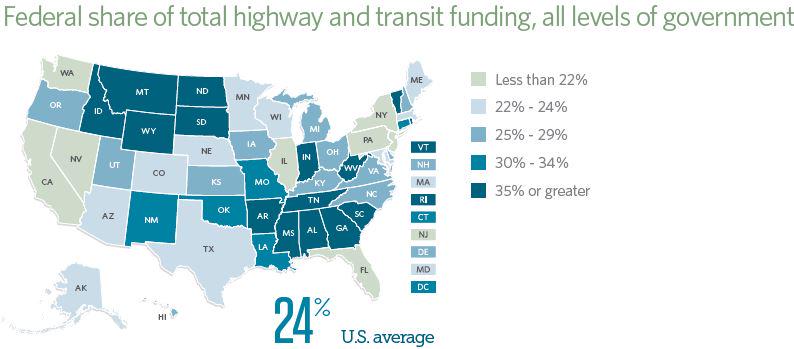

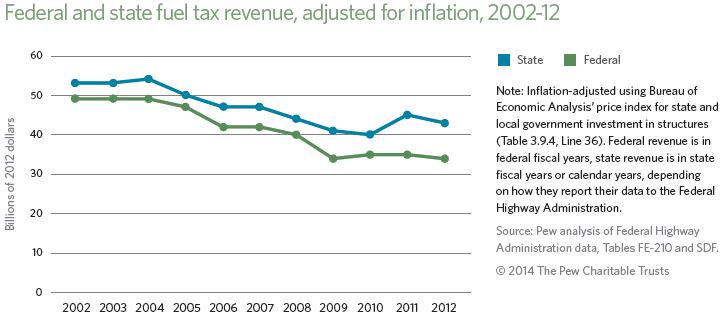




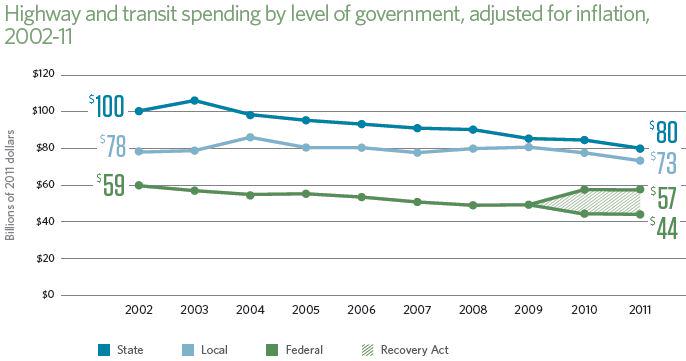
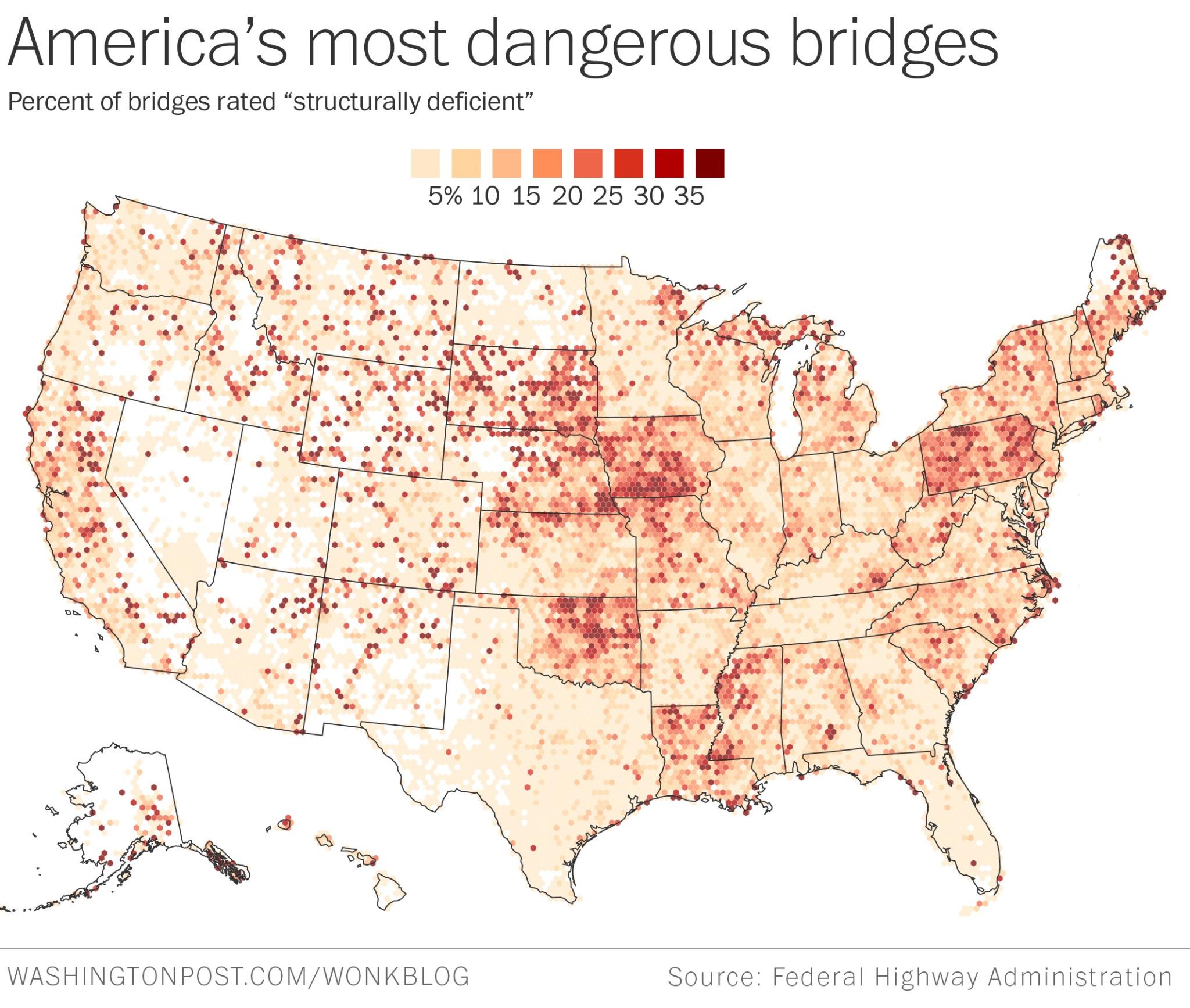
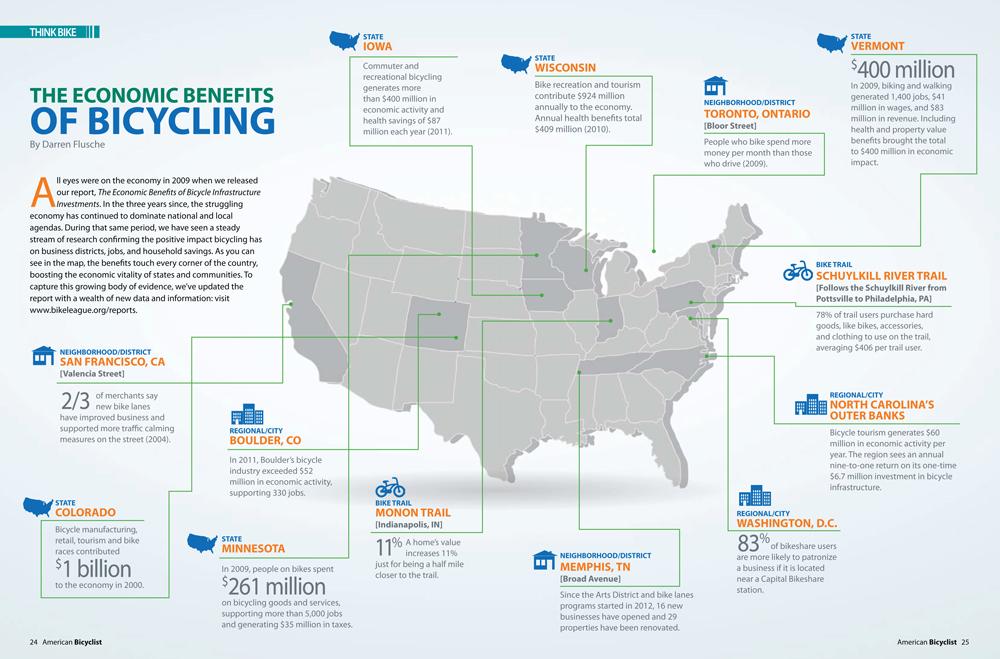
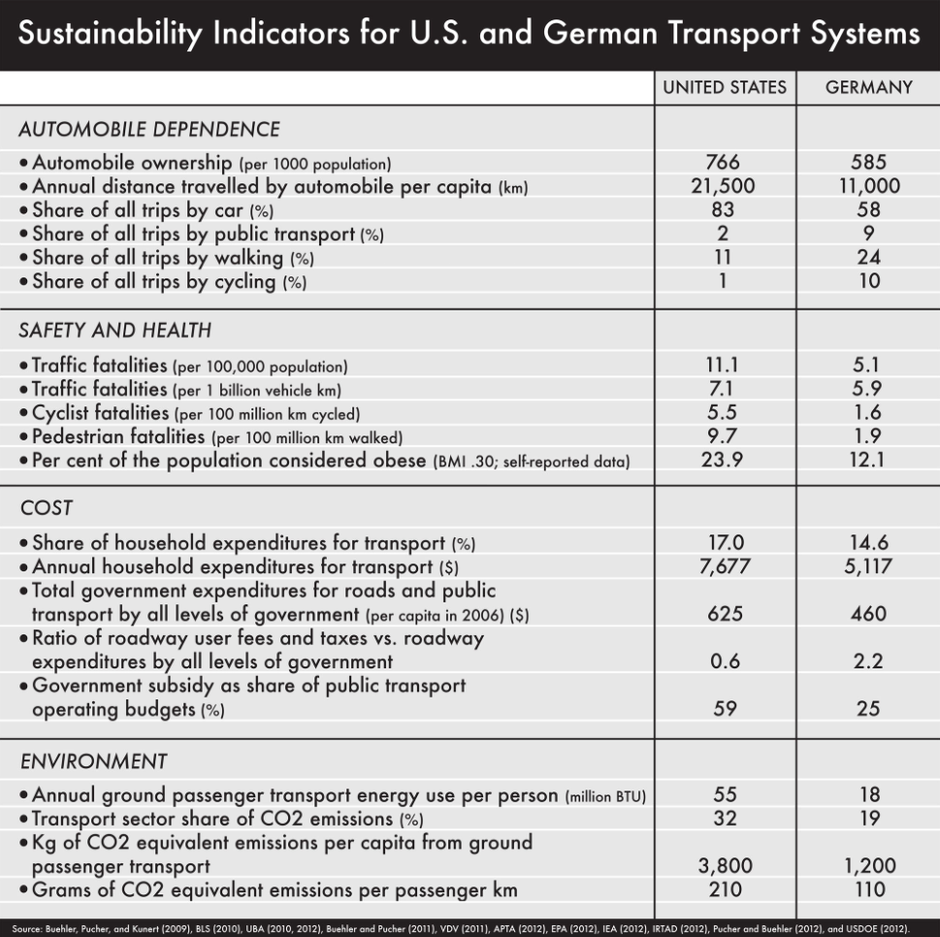
 EMBARQ seeks a full-time to provide research, data analysis and other support to its Integrated Transport team which conducts global research on sustainable transport and urban development, and supports Cities Network projects in Mexico, Brazil, Turkey, India, and China. The research assistant will support several projects related to sustainable mobility. The projects will require working with transit planning and operations; economic, social and environmental impact analysis of transport projects; and sustainable transport best practices, policies, institutions, and finance.
EMBARQ seeks a full-time to provide research, data analysis and other support to its Integrated Transport team which conducts global research on sustainable transport and urban development, and supports Cities Network projects in Mexico, Brazil, Turkey, India, and China. The research assistant will support several projects related to sustainable mobility. The projects will require working with transit planning and operations; economic, social and environmental impact analysis of transport projects; and sustainable transport best practices, policies, institutions, and finance.



